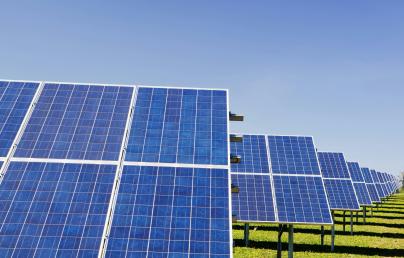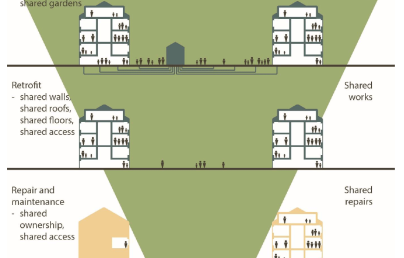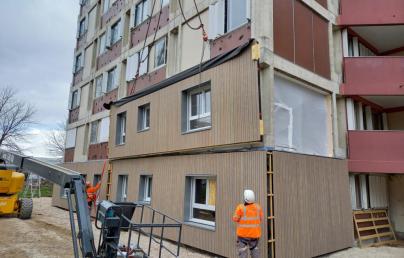White Paper on Affordable, Sustainable Energy Transition and Building Renovation

White Paper on Affordable, Sustainable Energy Transition and Building Renovation
This white paper is part of the Implementation Working Group 5 on Energy Efficiency in Buildings (IWG5-Buildings) and contributes to the European Strategic Energy Technology (SET) Plan.
Task Force 5 on Just Transition and Affordable Sustainable Renovation, provides expert guidance to support policy implementation and foster an inclusive energy transition. This document serves as a roadmap to ensure that the EU’s energy transition is not only effective but equitable for all in its multiple dimensions.
The European Union (EU) has established ambitious objectives to significantly reduce greenhouse gas emissions, promote the widespread adoption of renewable energy sources, and improve energy efficiency. Meeting these targets requires a coordinated, multi-tiered governance strategy that actively engages vulnerable consumers. This white paper examines the primary challenges associated with the EU’s energy transition, highlighting its social aspects and the consequences for energy-impoverished citizens. A sustainable and economically accessible building stock is vital for this transformation; however, considerable technical, economic, and social challenges must be overcome to facilitate a comprehensive and socially inclusive transition. By analysing the current landscape, this paper synthesizes scientific evidence, policy frameworks, and exemplary projects that present practical pathways to achieving the EU’s objectives.
The shift towards a decarbonized, equitable, and financially viable energy system demands an emphasis on comprehensive building renovations, the gradual elimination of fossil fuels, increased electrification, and the reduction of energy consumption and biomass use. Renovating Europe’s aging building infrastructure is crucial for enhancing energy efficiency and affordability, particularly for marginalized households. Concurrently, the transition away from fossil fuels must incorporate clean space conditioning technologies, such as heat pumps and renewable district heating and cooling, to ensure accessibility, affordability, and cost-effectiveness for all. Electrification efforts must be expanded while addressing the potential financial implications for lower-income households, and the ongoing dependence on biomass — frequently utilized by energy-impoverished consumers — warrants re-evaluation due to its adverse effects on air quality and public health.
This white paper underscores selected key EU and national initiatives aimed at promoting a fair and inclusive energy transition alongside building renovations. District heating and cooling, as well as positive energy districts present collective mechanisms to improve energy efficiency and affordability. Renewable energy communities empower citizens and local organizations to produce and manage their own renewable energy sources. Integrated advisory services, often referred to as one-stop shops, facilitate home renovations and enhance energy efficiency, particularly benefiting vulnerable consumers. These can be complemented with initiatives, such as energy coaching, to further support the most vulnerable. Building renovation passports provide a structured, systematic approach to renovations, ensuring both long-term energy performance gains and affordability. The societal readiness concept further addresses behavioural, social, and economic barriers, promoting widespread public engagement in the transition.
IWG5 White Paper on Affordable, Sustainable Energy Transition and Building Renovation
English (10.79 MB - PDF)

